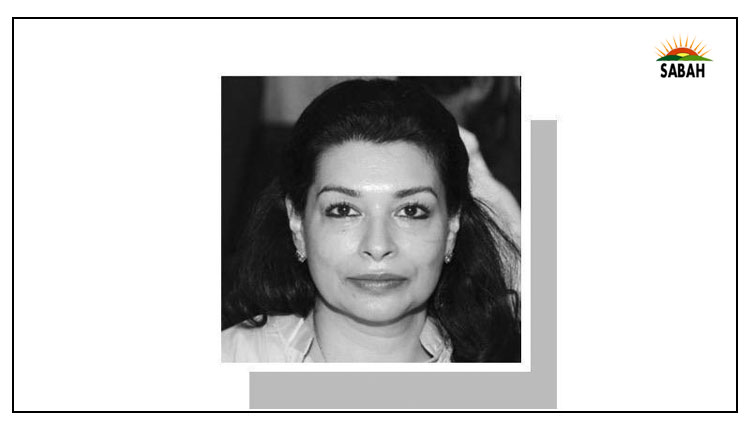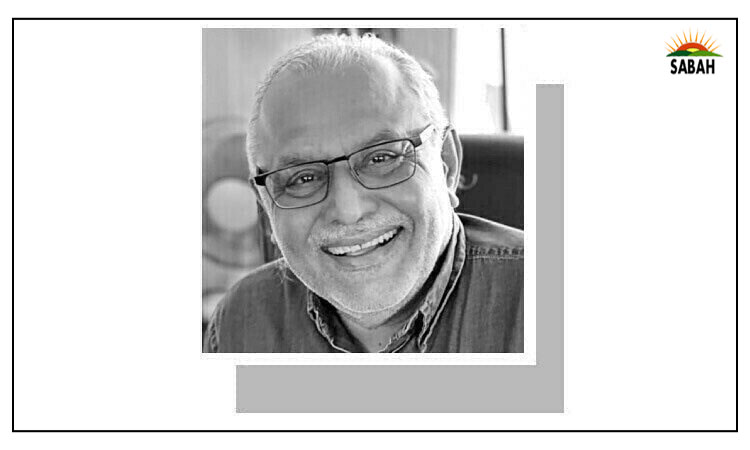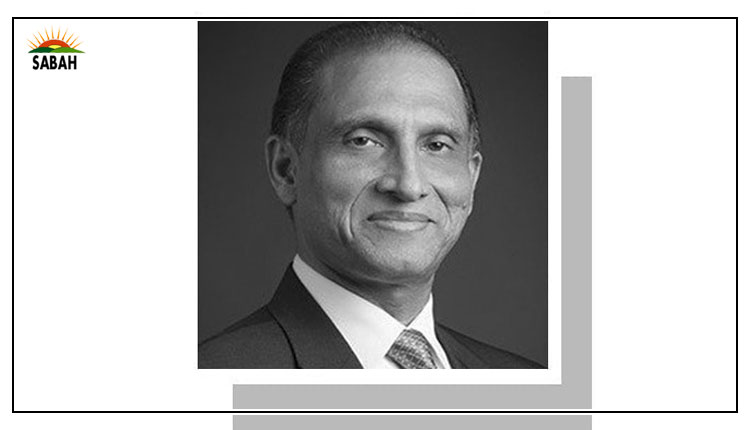The welfare of minorities…Aizaz Ahmad Chaudhry
EACH year, the US Commission on International Religious Freedom publishes its annual report, which normally includes a chapter on Pakistan. In its 2022 report, the Commission focused on blasphemy and anti-Ahmadi laws, forced conversions and forced marriages, and cases of targeted killings, lynchings, and mob violence. Based on the commissions recommendation, the US State Department designated Pakistan as a country of particular concern for systematic and egregious violation of religious freedom.
Pakistans foreign ministry rightly lost no time in rejecting this designation, which it termed as unilateral and arbitrary. It especially expressed its disappointment that India, which is a big violator of religious freedom, had not been included in the list.
Pakistan and other targeted countries find the US reports condescending and feel that the US should not sit in judgement on others on issues which are best addressed in a universal forum, the UN Human Rights Council. The Council meets regularly in Geneva to monitor human rights, including the right to religious freedom. Each country presents itself for international scrutiny through Universal Periodic Reviews (UPR).
The issue boils down to politically motivated double standards. While the US Commission has noted that religious freedom conditions in India are taking a drastic turn downward, the State Department still chose not to designate India, which the US regards as its preferred ally in its competition with China. Likewise, the US is often found more concerned about the rights of Uighurs in China than Muslims in Indian-held Kashmir. In some Western countries, freedom of speech has been misused to desecrate the sacred texts and personalities of Islam.
The US designation notwithstanding, however, the issues of human rights and religious freedom in Pakistan must be addressed in earnest. It does not behove a civilised nation to tolerate what we witnessed in December 2021 when a Sri Lankan manager was dragged out of a factory in Sialkot by fellow workers, who killed him and burned his dead body. More recently, a mob entered a police station in Nankana sahib, forcibly took a person accused of blasphemy, killed him and dragged his body, stripped of clothes, through the streets. In August 2021, a mob vandalised a Hindu temple after a local court in Rahimyar Khan district granted bail to an eight-year-old Hindu boy who was accused of blasphemy.
Fortunately, we have solid legal grounds to obligate everyone to respect minority rights. The Constitution of Pakistan under Article 20 grants freedom to every citizen to profess his/her religion and to manage religious institutions. Article 25 guarantees equality before the law and equal protection of the law. Through Article 36, the state has been called upon to safeguard the legitimate rights and interests of the minority communities. The Constitution also stresses affirmative measures to create a non-discriminatory and protective environment for all.
These constitutional provisions are in sync with the guidance provided by the Quaid-i-Azam in his speech to the Constituent Assembly on Aug 11, 1947: You are free; you are free to go to your temples, you are free to go to your mosques or to any other places of worship in this State of Pakistan. You may belong to any religion or caste or creed that has nothing to do with the business of the state.
The faith of Islam also provides clear guidance to Muslims. Surah Al Maidah states that whoever takes a life unless as a punishment for murder or mischief in the land it will be as if they killed all of humanity; and whoever saves a life, it will be as if they saved all of humanity (5:32). It is further ordained in Surah Al-Baqara that there be no compulsion in religion. The Holy Prophet (PBUH) practised religious tolerance towards non-Muslims. As an Islamic state then, Pakistan is expected to guarantee religious rights to non-Muslims and to treat them fairly and equally.
At the national level, parliament, the executive, the judiciary, and the media have all expressed their concern for the protection of minority rights. Globally, at the UN Human Rights Council, Pakistan has appeared in UPRs in 2008, 2012, 2017 and 2023. In a recent report submitted to the Council, Pakistan affirmed its commitment towards domestication of provisions of major international human rights instruments by enacting laws on key human rights issues, including on the protection of minorities rights. The Ministry of Religious Affairs and Interfaith Harmony is committed to preparing a national interfaith harmony policy in consultation with provinces and establish a minorities welfare fund for the maintenance of religious places belonging to minorities. The government has also made a commitment to the international community to curb the misuse of blasphemy laws through various administrative safeguards.
Despite these facts, there are persistent complaints of the deprivation of the rights of minorities in the country. In an elaborate report, titled A Breach of Faith: Freedom of Religion or Belief in 2021-22, the Human Rights Commission of Pakistan has identified specific incidents of minorities facing persecution, marginalisation, forced conversions, and misuse of blasphemy laws. Incidentally, many of the issues highlighted in the HRCP report are also mentioned in the US Commissions report. There has been a consistent recommendation that the threshold of evidence regarding blasphemy accusations must be raised so that the law is not used to settle personal vendettas.
The moot point is that while we may register our protest on the US designation of Pakistan as a country of particular concern, or even ignore the contents of its report, we must pay undivided attention to the issues of minority rights. It is our civic, moral and legal duty. Each case of violence against minorities is important in its own right and reflects on the standards of our own society.
Courtesy Dawn












